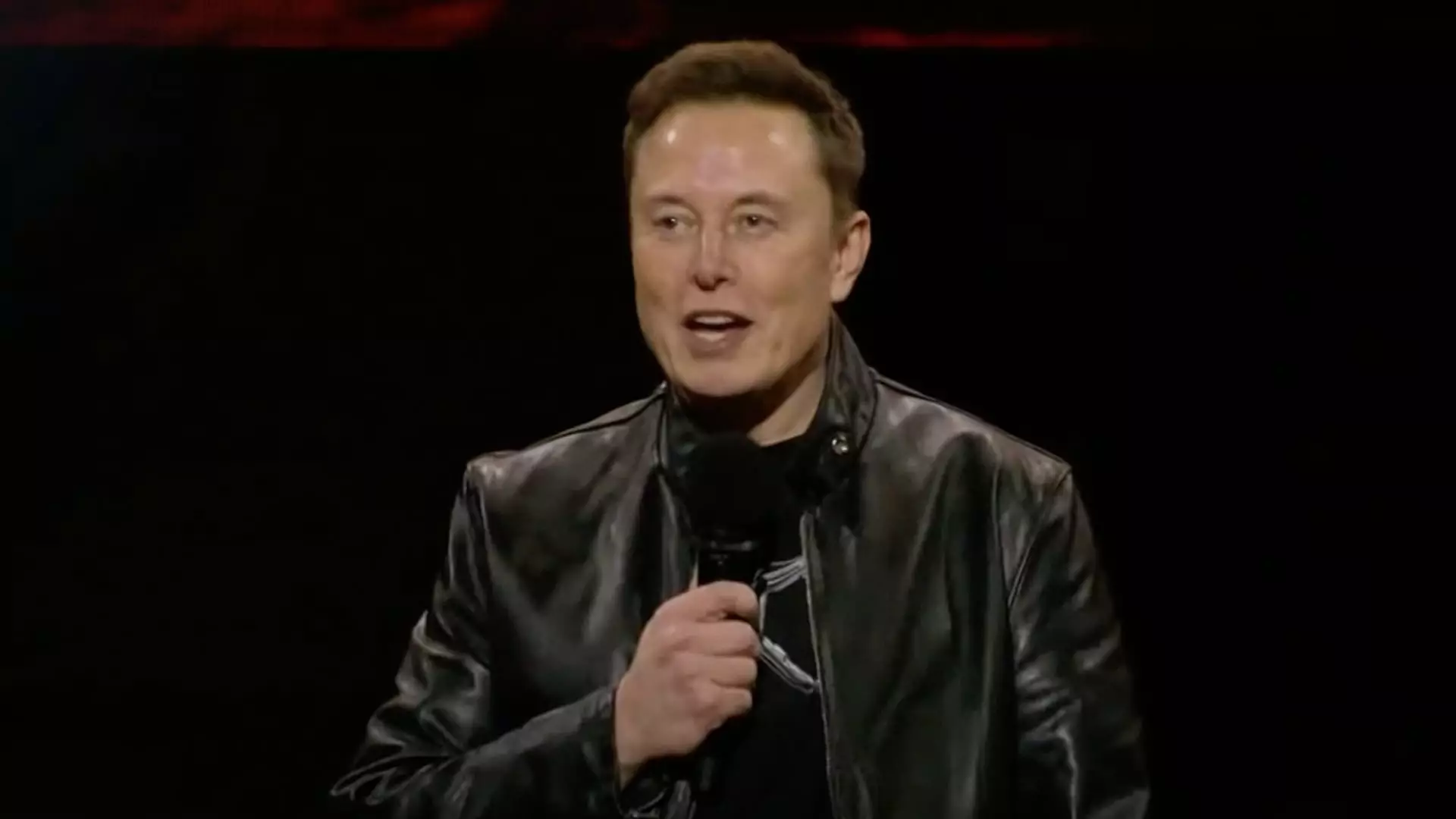In an unexpected legal twist, Elon Musk, the founder of Tesla, alongside Warner Brothers Discovery, is embroiled in a lawsuit concerning alleged copyright infringement fueled by artificial intelligence. The lawsuit stems from the misuse of imagery associated with the sci-fi film “Blade Runner 2049” to promote Tesla’s latest venture—a dedicated robotaxi known as the Cybercab. This legal action, initiated by Alcon Entertainment, the film’s producer, raises critical questions about copyright laws in the age of AI and the ethical boundaries of marketing strategies.
Context of the Allegations
The heart of the lawsuit lies in an incident that occurred during a promotional event at Warner Brothers’ studio in Burbank, California. Musk and his associates reportedly sought permission to feature a prominent still from “Blade Runner 2049” during their presentation aimed at unveiling the Cybercab. However, their request was firmly denied by Alcon Entertainment, which expressed strong objections against any association, whether implicit or explicit, between the Tesla brand and the esteemed film franchise. Defying this refusal, the defendants allegedly utilized an AI-generated imitation of the image in their presentation, sparking claims of significant copyright infringement.
During the presentation event, Musk awkwardly showcased the AI-generated image for a mere eleven seconds while attempting to justify its inclusion. This ill-conceived moment seems to encapsulate the broader contention in the lawsuit, suggesting that Musk’s justification lacked credibility. Effective marketing, particularly in high-stakes industries like automotive technology, hinges on authenticity and trustworthiness, both of which were significantly undermined by the inappropriate use of the copyrighted material.
Alcon’s legal filing highlighted the severe economic ramifications resulting from Tesla’s alleged infringement. As the producer of “Blade Runner 2049,” Alcon is currently negotiating partnerships with various automotive brands in connection to a new television series based on the franchise, titled “Blade Runner 2099.” The unauthorized use of their intellectual property could potentially jeopardize these pivotal negotiations, thereby threatening both Alcon’s financial standing and its creative endeavors.
What further complicates the situation is the characterization of Musk in the lawsuit as a “problematic” figure that other brands may hesitate to affiliate with. Alcon expressed concerns regarding Musk’s outspoken political views and controversial social media presence, fearing that any endorsement or implicit partnership with Tesla might unintentionally align their brand with Musk’s often incendiary rhetoric. This reflects an important trend in the industry wherein corporate partnerships are increasingly influenced by the personal conduct and public perception of key individuals within those organizations.
Challenges for Tesla
Despite Musk’s persistent promises for a fully autonomous robotaxi for over a decade, Tesla has not yet introduced a vehicle that can operate safely without human intervention. This ongoing challenge raises further questions about the credibility of Tesla’s promises. Such scrutiny comes against the backdrop of this lawsuit, ultimately casting a shadow over Tesla’s long-term goals in mobility technology and robotics.
The lawsuit filed by Alcon Entertainment against Musk and Tesla shines a spotlight on the intricate issues of intellectual property, corporate ethics, and the ramifications of AI technology in an increasingly digital marketing landscape. As the boundaries between creativity and ownership continue to blur in the face of advancing technologies, stakeholders in various industries must navigate these complexities carefully. This case could set a significant precedent for how companies approach copyright, AI-generated content, and their strategic affiliations, particularly within the volatile landscape dominated by high-profile figures like Elon Musk. As legal battles echo through the tech and entertainment industries, the outcomes may redefine the rules of engagement in the digital age.

Leave a Reply